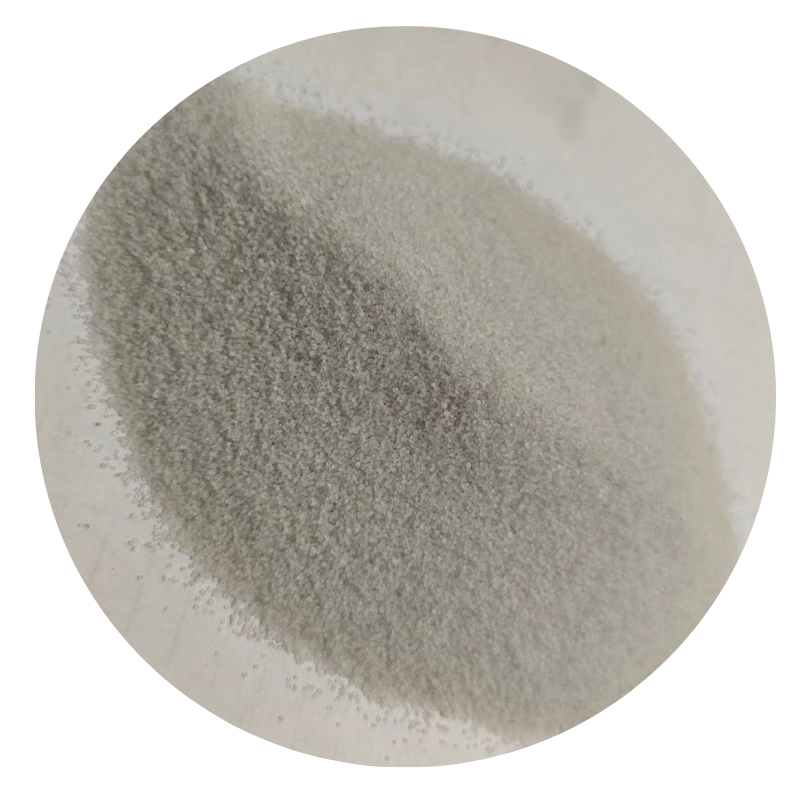
bentonite clay powder factories
The Role of Bentonite Clay Powder Factories in Various Industries
Bentonite, a versatile clay material, is derived from volcanic ash and is primarily composed of montmorillonite. Its unique properties, including high absorbency, swellability, and binding capacity, make it a crucial ingredient in a multitude of applications across various industries. Bentonite clay powder factories play a significant role in processing and supplying this essential material, catering to the needs of different sectors such as construction, agriculture, pharmaceuticals, and cosmetics.
The Manufacturing Process
The production of bentonite clay powder involves several intricate steps. Initially, the raw bentonite ore is mined from deposits. Once harvested, the material undergoes a series of processes including crushing, drying, milling, and packaging. Factories often utilize advanced technologies to enhance the purity and quality of the bentonite, ensuring it meets the specific requirements of its end users.
Quality control is a critical aspect of bentonite clay manufacturing. Factories implement stringent testing protocols to determine the chemical and physical properties of the clay, such as its pH, swelling index, and particle size distribution. By adhering to high standards, bentonite clay powder factories can produce a consistent product that meets industry specifications, thus maintaining their competitive edge.
Applications of Bentonite Clay Powder
1. Construction In the construction industry, bentonite is a popular material for various applications. It is often used as a sealing agent in landfill and pond liners due to its excellent impermeability. Additionally, bentonite is used in drilling fluids for oil and gas exploration, as it aids in stabilizing boreholes and preventing collapse.
2. Agriculture Farmers utilize bentonite clay powder as a soil amendment to enhance soil quality. Its properties improve moisture retention and nutrient availability, fostering healthier plant growth. Bentonite can also be used as a natural pesticide, helping to control pests without harming the environment.
bentonite clay powder factories

3. Pharmaceuticals In the pharmaceutical industry, bentonite serves as an excipient—an inactive substance used as a carrier for the active ingredients in medications. Its ability to absorb toxins and its biocompatibility make it a valuable component in certain formulations, contributing to effective drug delivery systems.
4. Cosmetics The cosmetic industry has embraced bentonite for its skin-beneficial properties. It is commonly included in face masks, lotions, and creams due to its ability to absorb excess oils and impurities from the skin. Moreover, its antimicrobial properties can help soothe and heal various skin conditions.
Environmentally Friendly Practices
Bentonite clay powder factories are increasingly adopting environmentally friendly practices in their operations. Sustainable mining techniques are crucial to minimizing the environmental impact associated with clay extraction. Many factories are focusing on reclamation and rehabilitation of mined areas to restore biodiversity and prevent soil erosion.
Furthermore, advancements in technology have enabled factories to produce bentonite with reduced energy consumption and lower carbon footprints. By investing in renewable energy sources and optimizing processes, these factories can support global sustainability goals while meeting the rising demand for bentonite products.
Future Prospects
The demand for bentonite clay powder is projected to grow as industries continue to recognize its benefits. With its diverse applications and ongoing research into new uses, the significance of bentonite will only increase. Bentonite clay powder factories are poised to expand their production capabilities, focusing on quality and sustainability to meet the evolving market needs.
In conclusion, bentonite clay powder factories play an essential role in supplying this multifaceted material to myriad industries. Through innovative manufacturing processes and a commitment to sustainability, these factories are ensuring that bentonite remains a vital component in advancing industrial applications, promoting environmental stewardship, and enhancing product effectiveness across various sectors. As we move forward, the potential for bentonite in new and existing markets promises exciting opportunities for both factories and end-users alike.
Share
-
Premium Glass Sand Solutions | High Purity SupplyNewsAug.03,2025
-
Premium Talcum Powder Enhanced with GPT-4 Turbo | Soft & Long-LastingNewsAug.02,2025
-
Fly Ash Solutions Enhanced by GPT-4 Turbo | Sustainable InnovationNewsAug.01,2025
-
Natural Premium Bentonite Cat Litter - Superior ClumpingNewsJul.31,2025
-
Premium Resin Coated Sand - High Heat Resistance CastingNewsJul.31,2025
-
High Quality Silicon Carbide Grit for Abrasive ApplicationsNewsJul.30,2025






